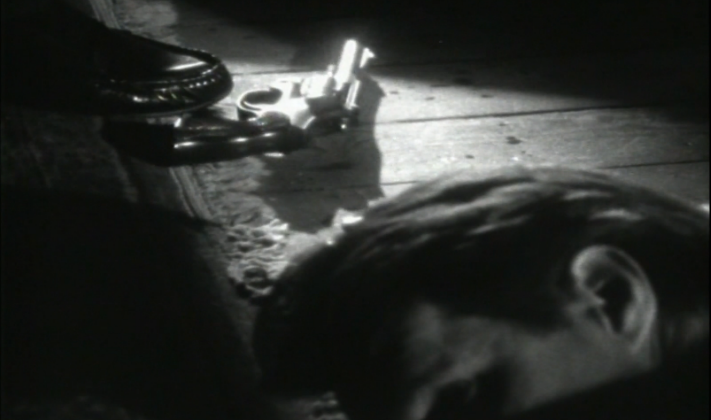The Night the Lights Went Out
by Casey N. Cep

I’ve been thinking a lot about murder. Not committing one, but a few of them from a few decades ago, so my playlists have become filled with murder ballads. Life has changed and so has death, but not murder; there might be less of it, but it’s still bullets and knives, bare hands, pillows and poisons. These ballads are as old as time, though you don’t hear that many of them on country radio any more. Threats and taunts, yes, but nothing quite like the murderous streak from my childhood: Garth Brooks, with a pistol fired at a cheating spouse in “The Thunder Rolls”; Gillian Welch, with a broken whiskey bottle to the neck of a rapist in “Caleb Meyer”; and the Dixie Chicks, with poisoned black-eyed peas down the hatch of an abusive husband in “Goodbye Earl.”
On the top of that heap of bodies was, and always will be, Reba McEntire’s “The Night the Lights Went Out in Georgia.” I say it’s hers, but she didn’t write it (that was Bobby Russell) and she wasn’t even the first to put the song on the charts (that was Vicki Lawrence). Firsts don’t matter, though, because that lightless night in Georgia has belonged to Reba ever since she streaked wrinkles around her eyes and fixed a dusty white wig on her head, playing the lead in one of country’s best music videos.
It’s one of the sappiest, soggiest things you’ll ever see: an elderly murderess confessing it all to a feckless journalist. The turtle-necked gumshoe is somewhere between Emily Bronte’s Mr. Lockwood and Anne Rice’s Daniel Molloy. He barely blinks, but removes his bottle glasses for dramatic effect as he says things like: “So… he killed them both out of jealousy?” “Let me see if I got this straight: Your brother…pleaded guilty…to protect you?” “And the judge didn’t want to hear the truth…because of his involvement…with your brother’s wife?” The lights may have gone dark in the song, but in the video they’re thousand-watt bulbs burning bright. Nothing is left to the imagination, and most of the plot flashes bold across the screen as newspaper headlines.
Just over four minutes long, the song’s an encyclopedia of southern gothic tropes: cheating spouses, crooked judges, backwoods lawyers, big-bellied sheriffs, and make-believe trials. It somehow manages to argue against capital punishment, for vigilantism, and against adultery with a short refrain seaming it all together: “That’s the night the lights went out in Georgia. That’s the night that they hung an innocent man.” It’s the innocent man’s sister singing this sad song, saying how sorry she is her brother went to the gallows for murders she herself committed, but insisting how not sorry she is that the body of his cheatin’ wife won’t ever be found.
“The Night the Lights Went Out in Georgia” might never explain why the singer hid one body and not the other, or just how a crooked judge managed to have an innocent man executed in time to get home for supper, but it doesn’t have to. That’s just the way that murder ballads are. Whether it’s “Knoxville Girl” or “Banks of the Ohio,” these songs haunt with the flimsiest of facts. They are filled with arbitrary, but affecting details: boys named Willie, veils long and black, chicks named Nellie Bly, and sheriffs from Thomasville. Just specific enough to crouch in the mind’s corners, murder ballads all shuffle the same motives and means while varying a few specifics.
Not quite Colonel Mustard in the library with a lead pipe, “The Night the Lights Went Out in Georgia” features an inherited gun and a hangman’s rope, but also the strange specificity of the singer’s brother coming home from somewhere called Candletop, stopping for a drink at a bar named Web’s, having his best friend Andy Wo-Lo reveal he’s a cuckold a few times over, including by one Seth Amos. Doesn’t matter if you can’t find Candletop on a map or have never in your life heard a name like Wo-Lo, the song’s charm comes from every one of those proper nouns.
Country Time is an occasional column about country music.
